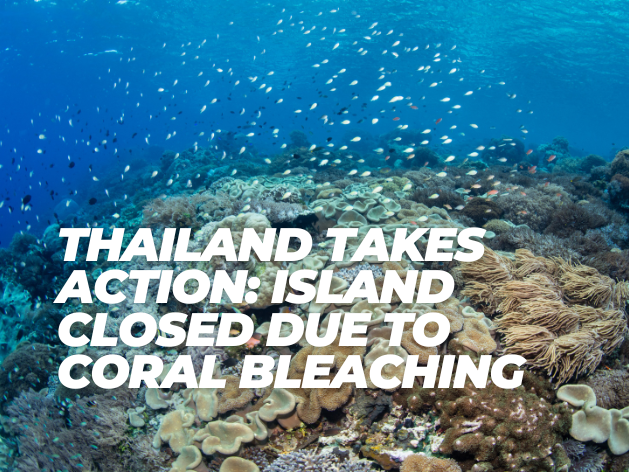Thailand has recently closed an island in the southern region due to widespread coral bleaching, as reported by the national parks office. Coral bleaching occurs when the algae living within corals are expelled, typically due to higher ocean temperatures and increased ultraviolet radiation.
Coral reefs can recover from bleaching over time, once ocean temperatures return to normal levels. The decision to close the island comes after a recent heatwave that swept across Thailand and Asia, causing temperatures to rise significantly.
The Department of National Parks, Wildlife, and Plant Conservation (DNP) announced the temporary closure of Pling Island and the surrounding coral reefs in Sirinart National Park, located in Phuket. This closure is a response to the extensive coral bleaching caused by rising seawater temperatures. The DNP is also closely monitoring other national parks in various locations.
This development follows a warning from the US National Oceanic and Atmospheric Administration (NOAA) about the world experiencing its second major coral bleaching event in a decade. Coral reefs from Australia to Florida are facing challenges due to unprecedented ocean heat levels.
Thailand frequently implements park closures, a measure taken to protect its natural resources. In 2018, for instance, Maya Bay, made famous by the Hollywood film "The Beach," was closed for over four months to allow its coral and marine life to recover from the effects of mass tourism.
Scientists continue to emphasize the urgent need to address human-induced climate change, which is leading to more frequent and severe heatwaves.



.png)





No comments
Post a Comment